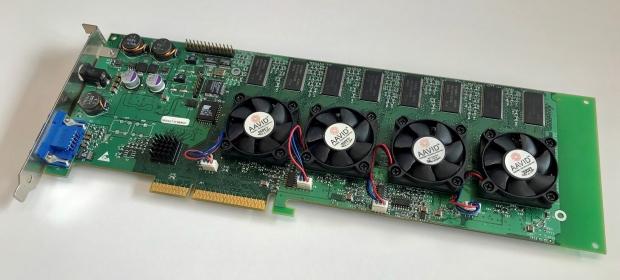2020 is a year when populace recognized their computational hunger was bigger than ever before: some to play Cyberpunk 2077, some to mine cryptocurrencies and yet others to train and infer ML models and Deep Neural Networks.
Intel is probably the biggest disappointment of the last decade - the x86 CPU has not improved with an exception of adding few cores. But even those additional cycles are so anemic they can barely catch up with the Javascript engines.
It would not be an exaggeration to say that every computer enthusiast harbours silent hopes for at least 100x performance improvement over the next few years, to let’s say 3000 TFlops (which of course will take much longer).
Today, our laptops are powerful enough to play video and do text editing. However user can unmistakably tell when an antivirus or system scan kicks in. All in the time when 5 digital records are stolen per living person [1] to an impressive toll of 33*10^9 records annually.
Cybersecurity systems of tomorrow will almost certainly perform pattern recognition (binaries and process memory pages), as pioneered by Deep Instinct [2], and saturate Disk IO and Processors for inference. Such services however would require hardened hardware security of its own.
And that in turn means that in addition to buying GPUs and Disks, in few years, users will likely be purchasing cyber-security extension boards. Such board will come with its own ML Processor and wide memory channel, and most likely with a subscription to a cyber-security provider.

Cheers!
[1] https://www.juniperresearch.com/press/press-releases/cybersecurity-breaches-to-result-in-over-146-bn
[2] https://www.deepinstinct.com/